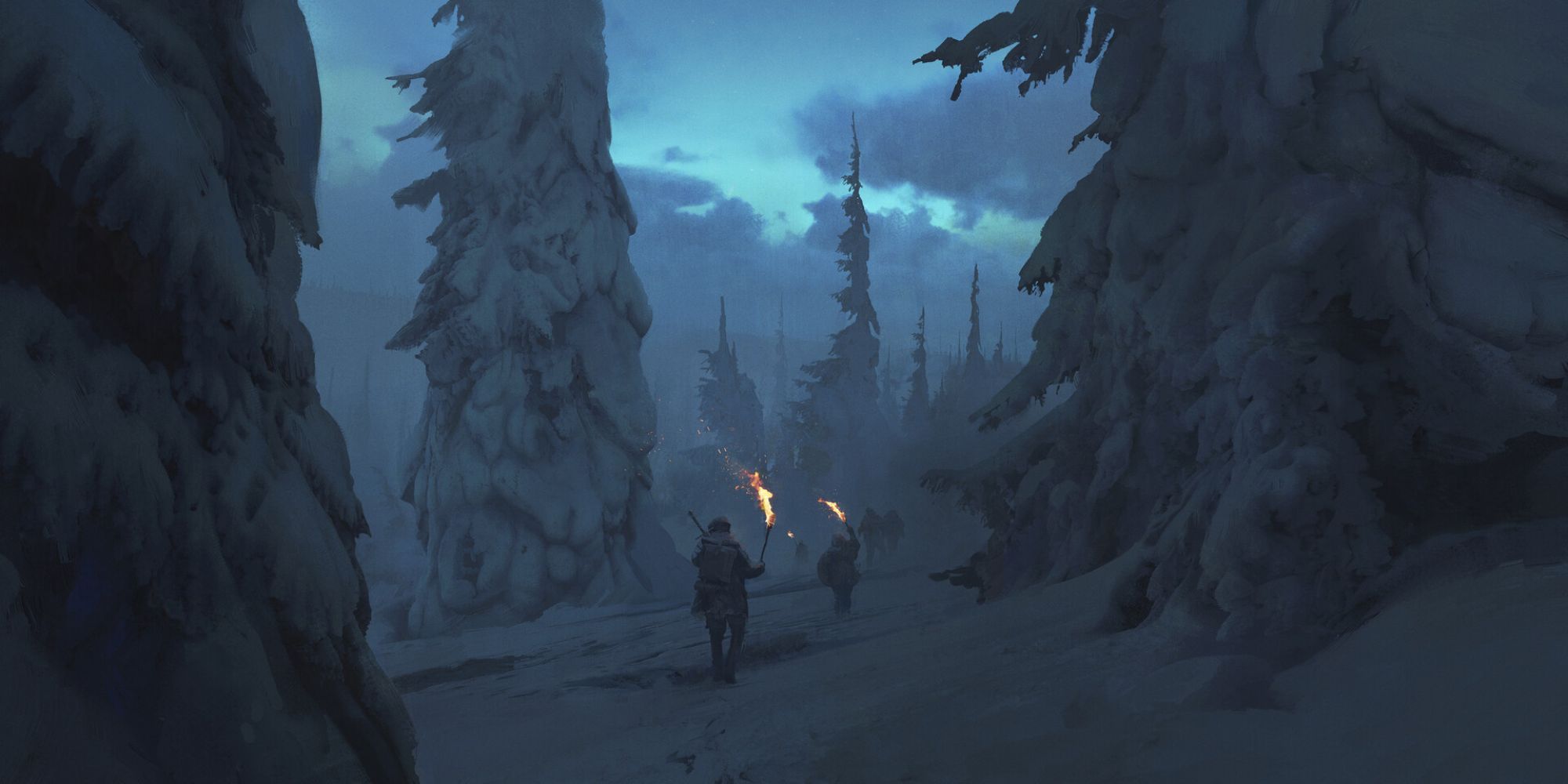Here are a few different ways of looking over your performance critically without letting the doubt ruin your game.
Working out which one fell first tells you where to shore things up for next time.
They might want specific changes in how you fire off the game.
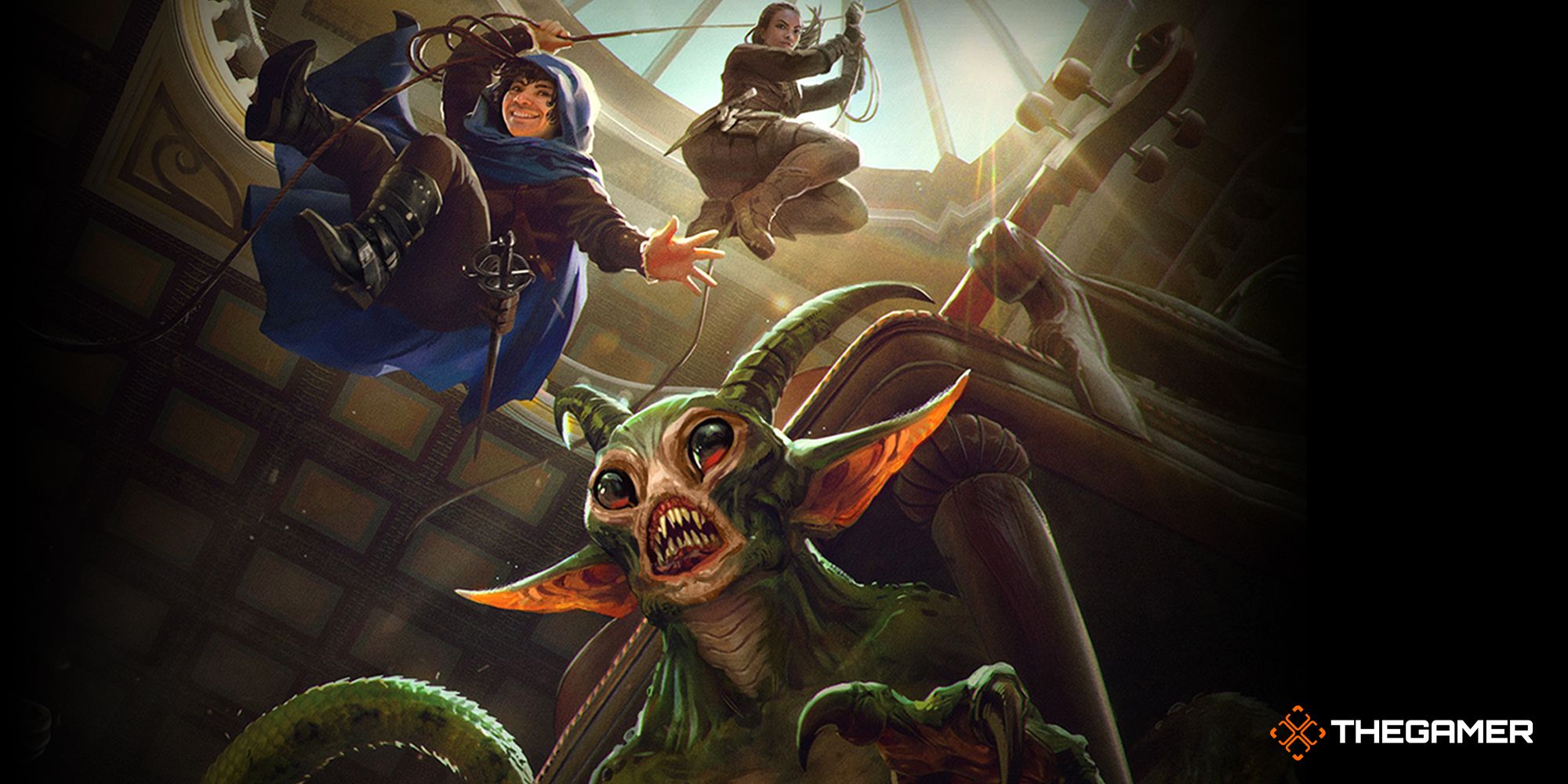
Art via Wizards of the Coast
Experienced players and newcomers might havedifferent ideas for how they want the game to be run.
Consider the feedback you get and what changes you’re able to make to incorporate it.
Alternatively, there might be a social encounter or puzzle thatstumps the group for longer than you intended.
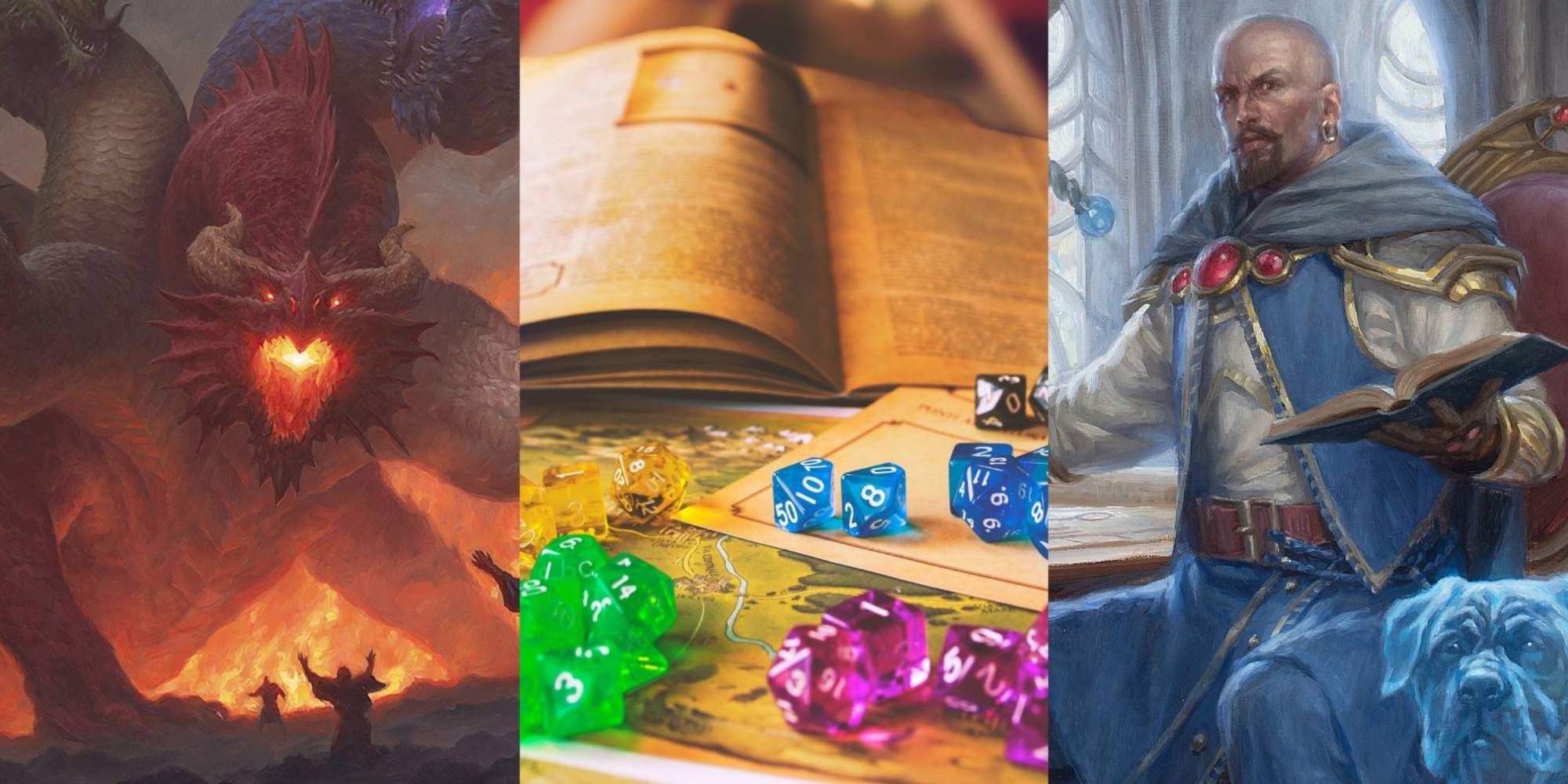
Recruitment Drive by Diego Gisbert
Some sessions are going to have unavoidable skews one way or the other, especially if running a module.
This often meansyou have to improvise quickly.
Often, you’ll still be able to use the material you originally prepared with some modifications.
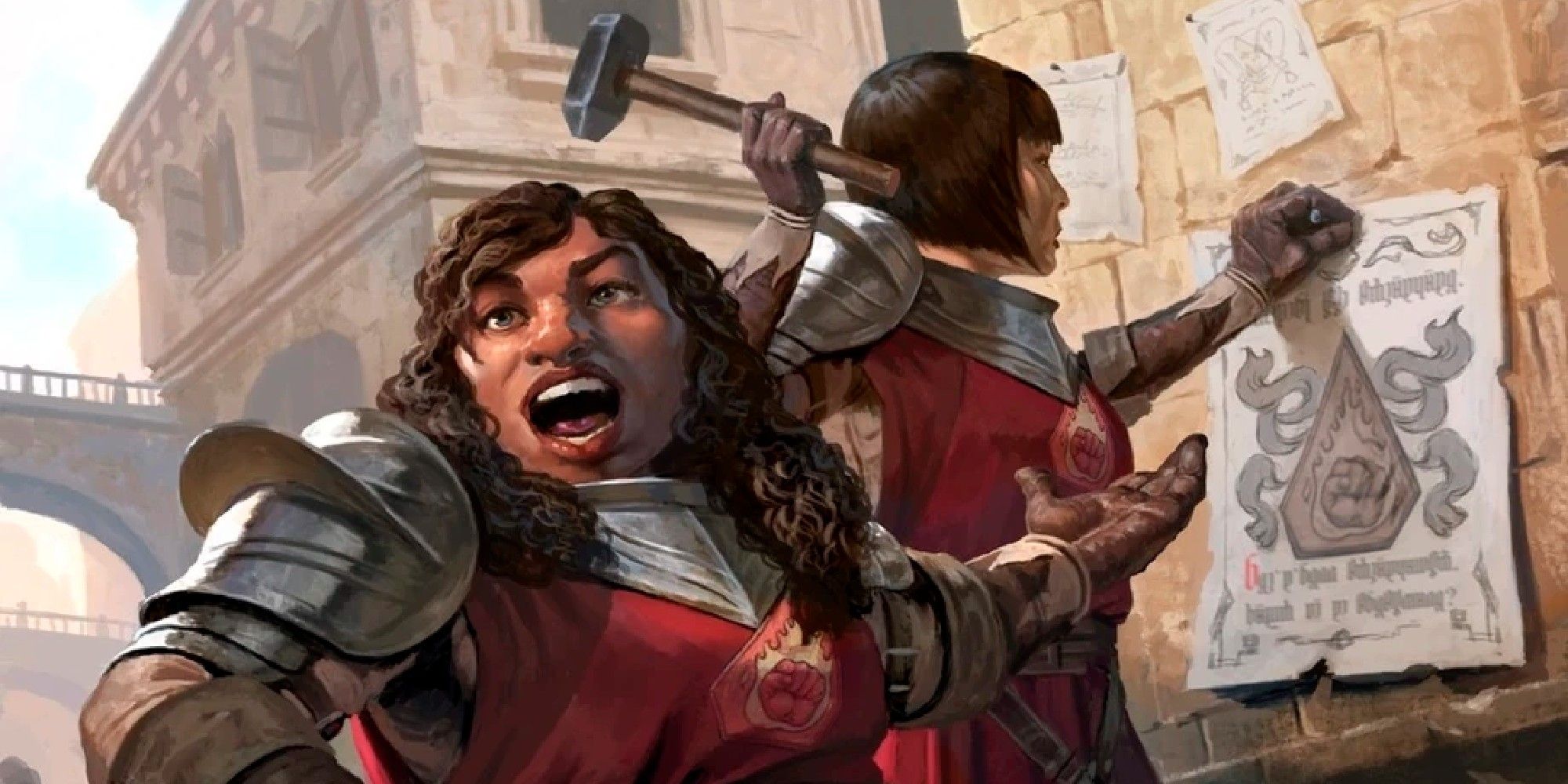
Recruitment Drive by Diego Gisbert
The biggest tip to avoid fighting between players is to ban fighting between their characters.
This includes moresubtle methods of undermining or working against each other.
Explain that forout-of-character reasons, they can’t wanderoff by themselves.
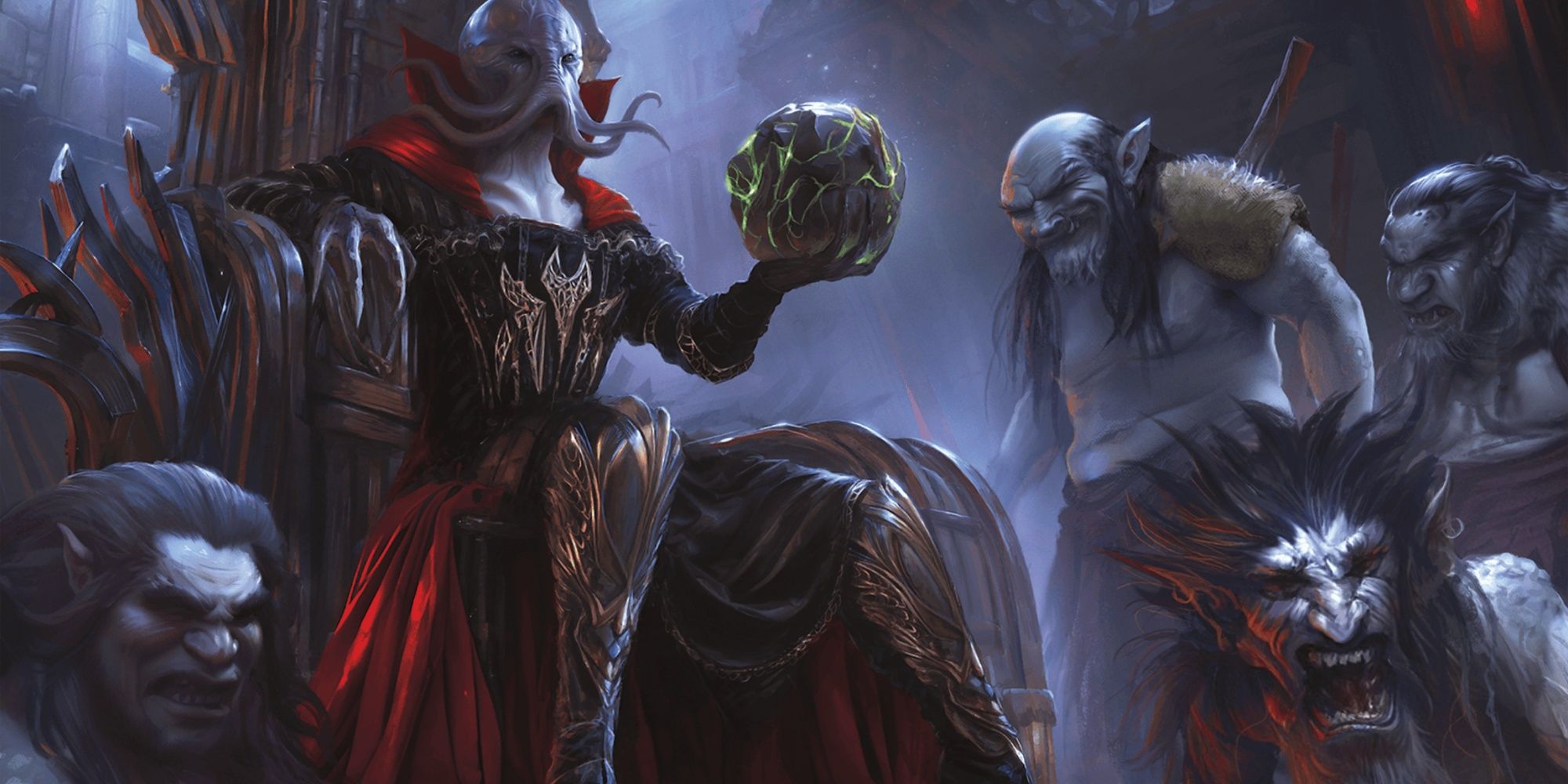
Quanbraxel by Lily Abdullina
Takes no effort to implement.
Limits player agency and the types of stories it’s possible for you to tell.
Co-DM
A co-DM can givespotlight to players in a different sceneto the one you’re running.
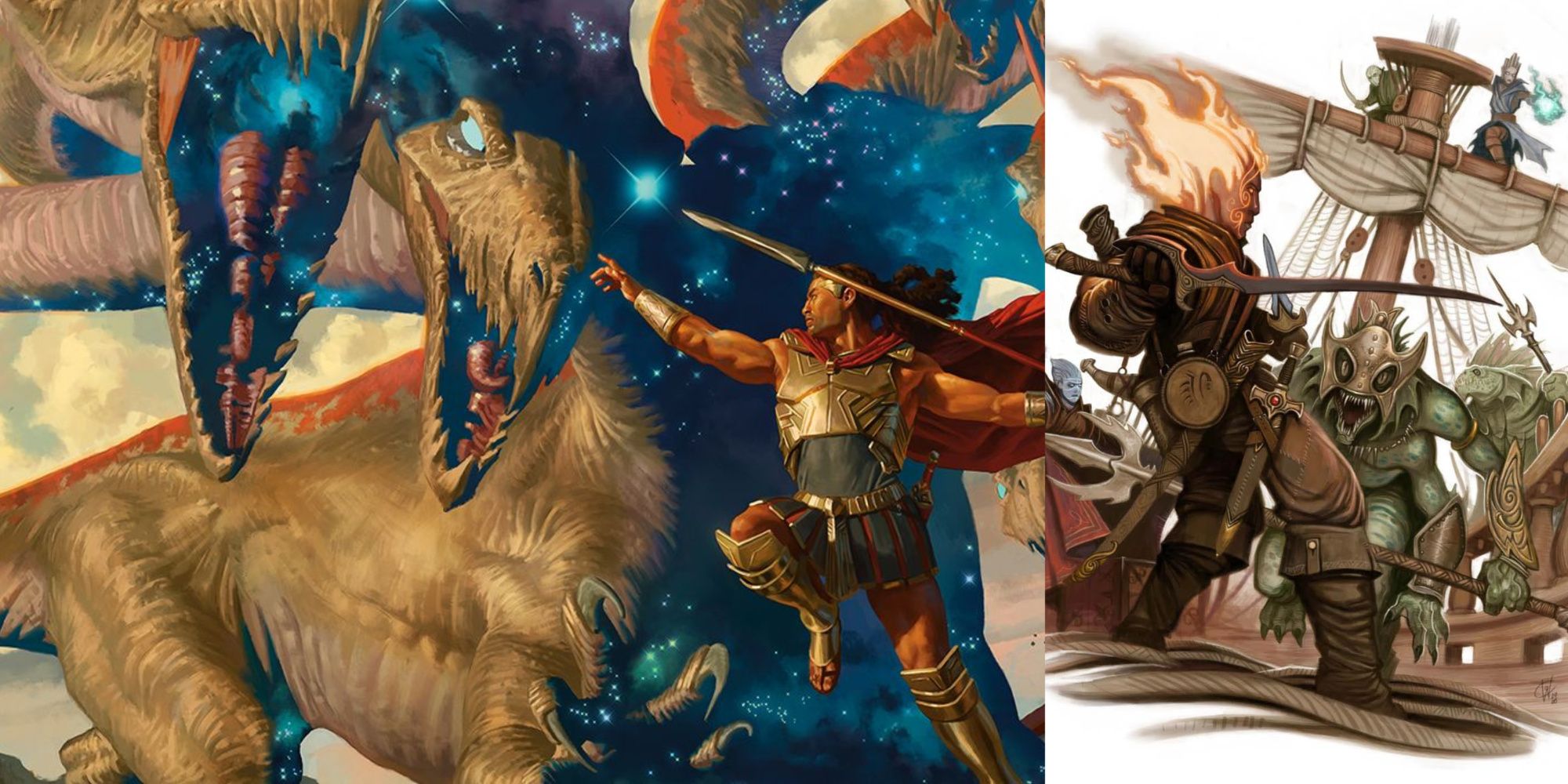
Easier to juggle multiple threads.
Need to plan and work together with the second DM.
Side Activities
Create ways for players to keep busy when the spotlight isn’t on them.
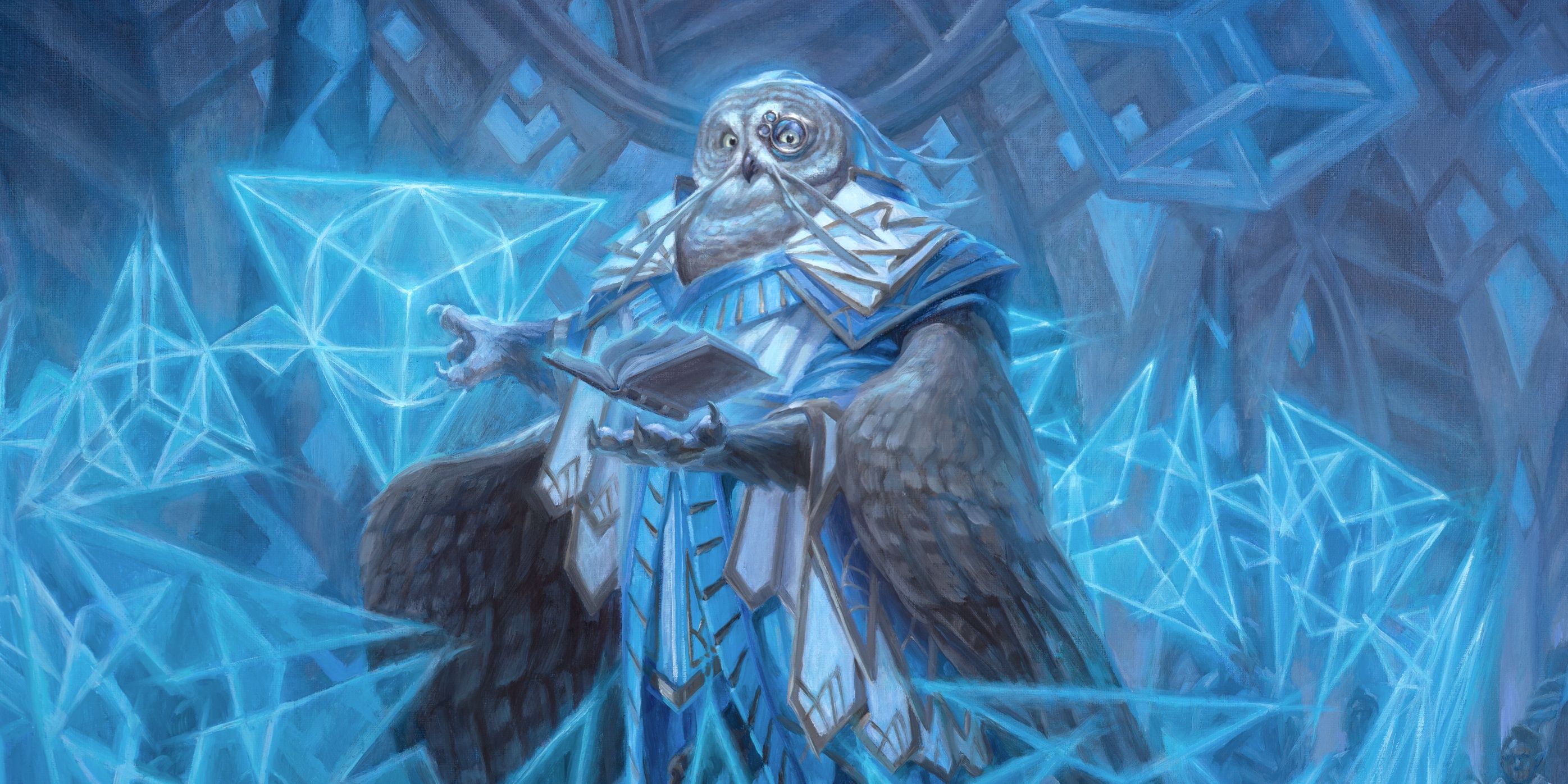
Imbraham Dean of Theory by Ryan Pancoast
Can expand the story and world.
Requires a group who are good roleplayers.
Sometimes a session goes poorly for reasons entirely outside your control.Don’t assume you are at fault.
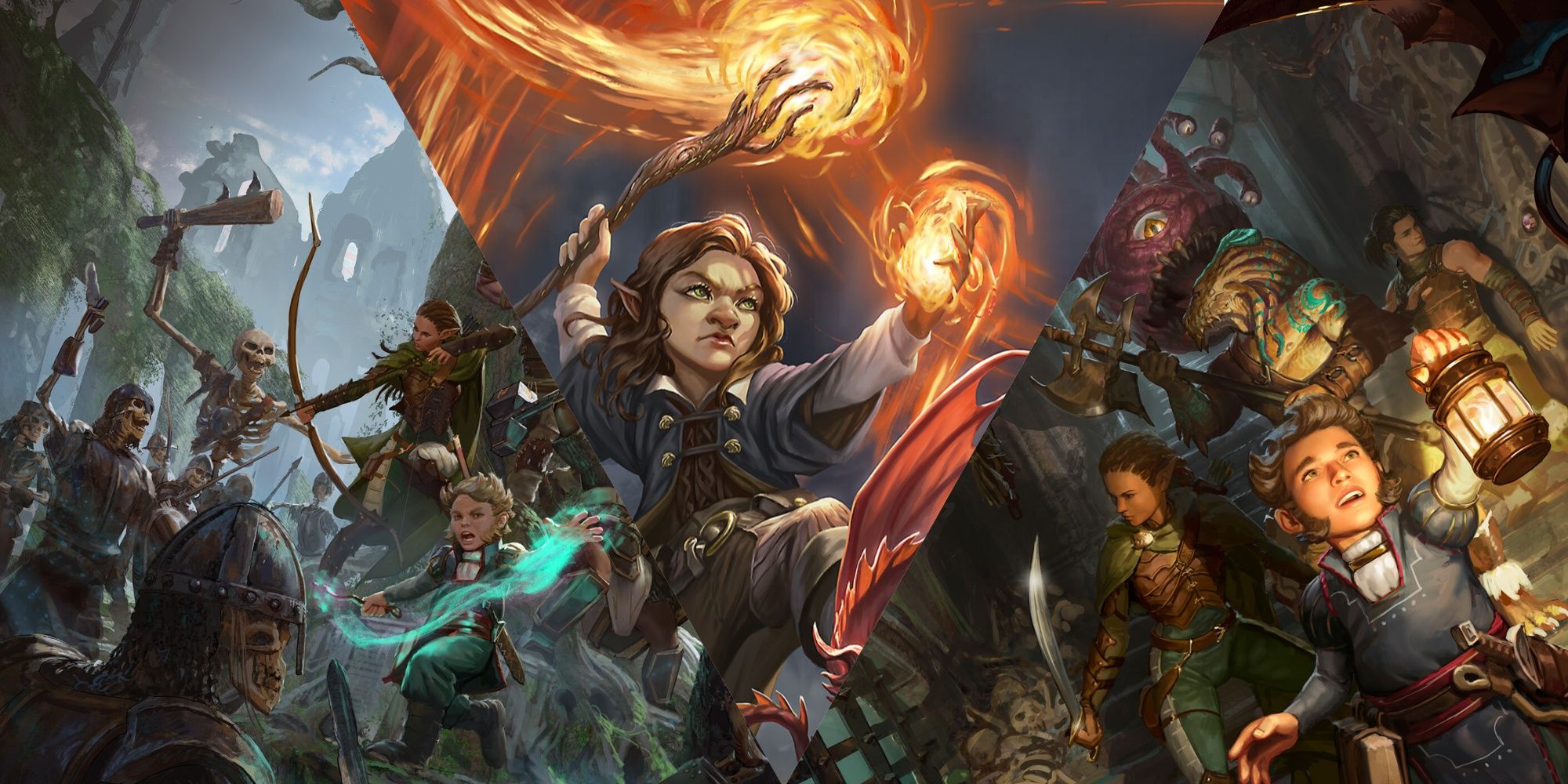
Art Via Wizards of The Coast And Renen Assuncao, David Edwards
Those might have been one-off events that won’t be relevant going forward.
Each of these methods is going to be somewhat contextual.
not every stroll through the woods will go smoothly.
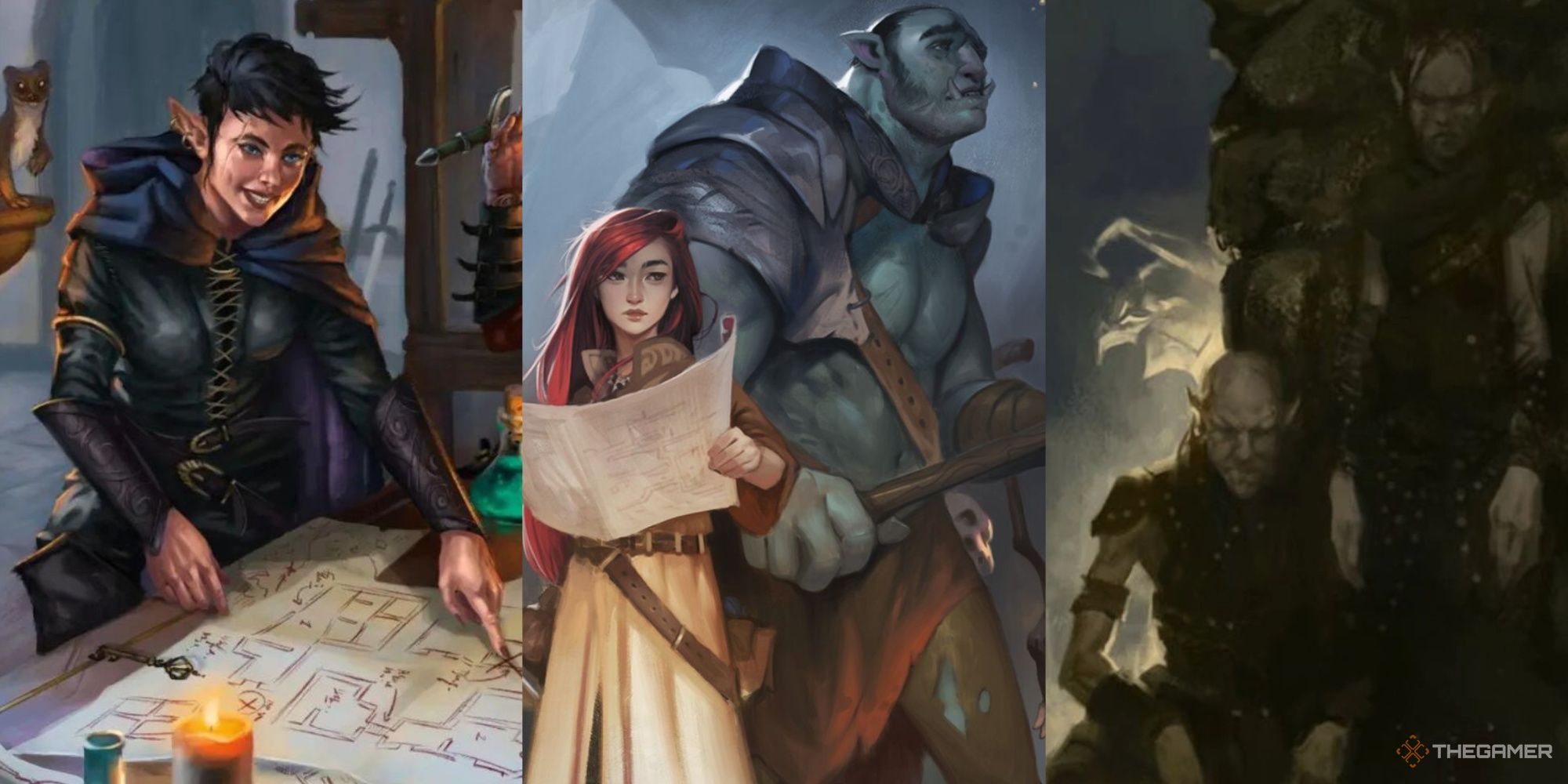
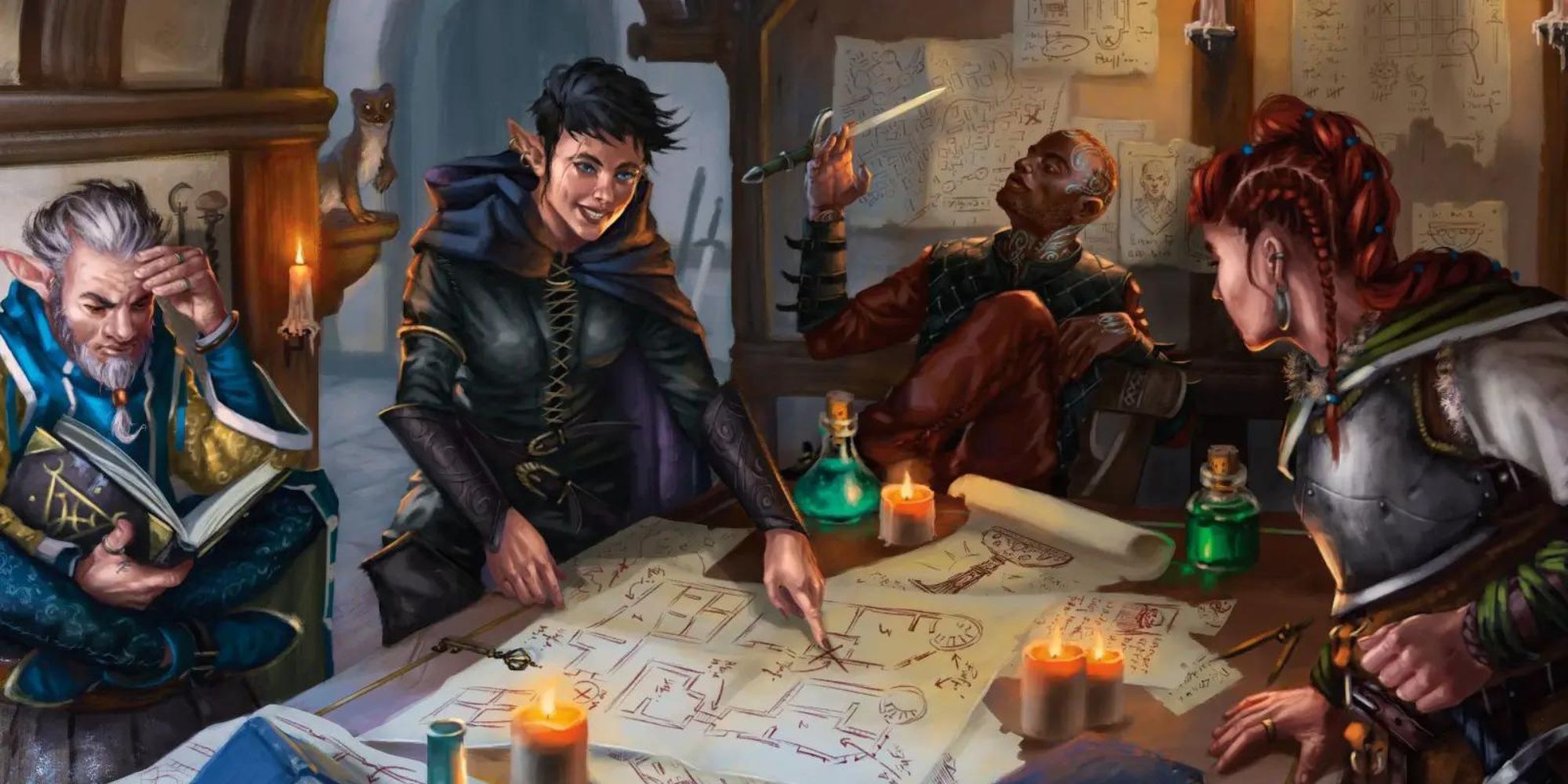
Art by Alexandre Honoré
